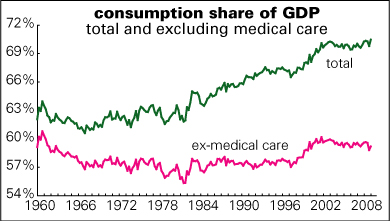I've just arrived in Brazil for the Holidays, taking one of those crowded flights with a random sample of those that left the country in search of a better life and are also returning for Christmas. I am usually ashamed about the average Brazilian immigrant's behavior and this last flight just reinforced my beliefs (or prejudices...).
During the flight, I was thinking that what really sets apart "civilized" from "non-civilized" societies (or groups of people) is how much individuals from this group respect others around them There are so many niceties simply forgotten by people that show, at least to me, a clear display of the lack of development of human beings.
I think that economists could use the intensity of clapping when a plane lands in their home country as a measure of low development. Shouting "Thank you pilot!" or "My mother loves you for landing us safely" gives your extra bonus points. From my small sample, here goes the ranking so far on a 1-10 scale:
Brazil: Average 10. My last flight: 134.53
Egypt: 9
Italy 7.5
Spain: 6.5
Portugal: 3
US: 2 (although there were many Brazilians in it).
France, Iceland, Sweden, UK: 0.
Perhaps a binary variable would work better... Anyway, suggestions accepted!






